News
Versailles, Ky., native Hanna Carr was inspired to join the military after seeing how much her grandparents and other family members benefited from the experience – from the lifelong connections they built and the discipline they developed to the value of serving a bigger purpose.

The UK College of Medicine is excited to announce that Joseph (Jay) B. Zwischenberger, MD ‘77, professor of surgery, pediatrics, interventional radiology, and bioengineering, has been named recipient of the prestigious William R. Willard Dean’s Recognition Award. He was honored at the 2022 College of Medicine Awards Convocation.
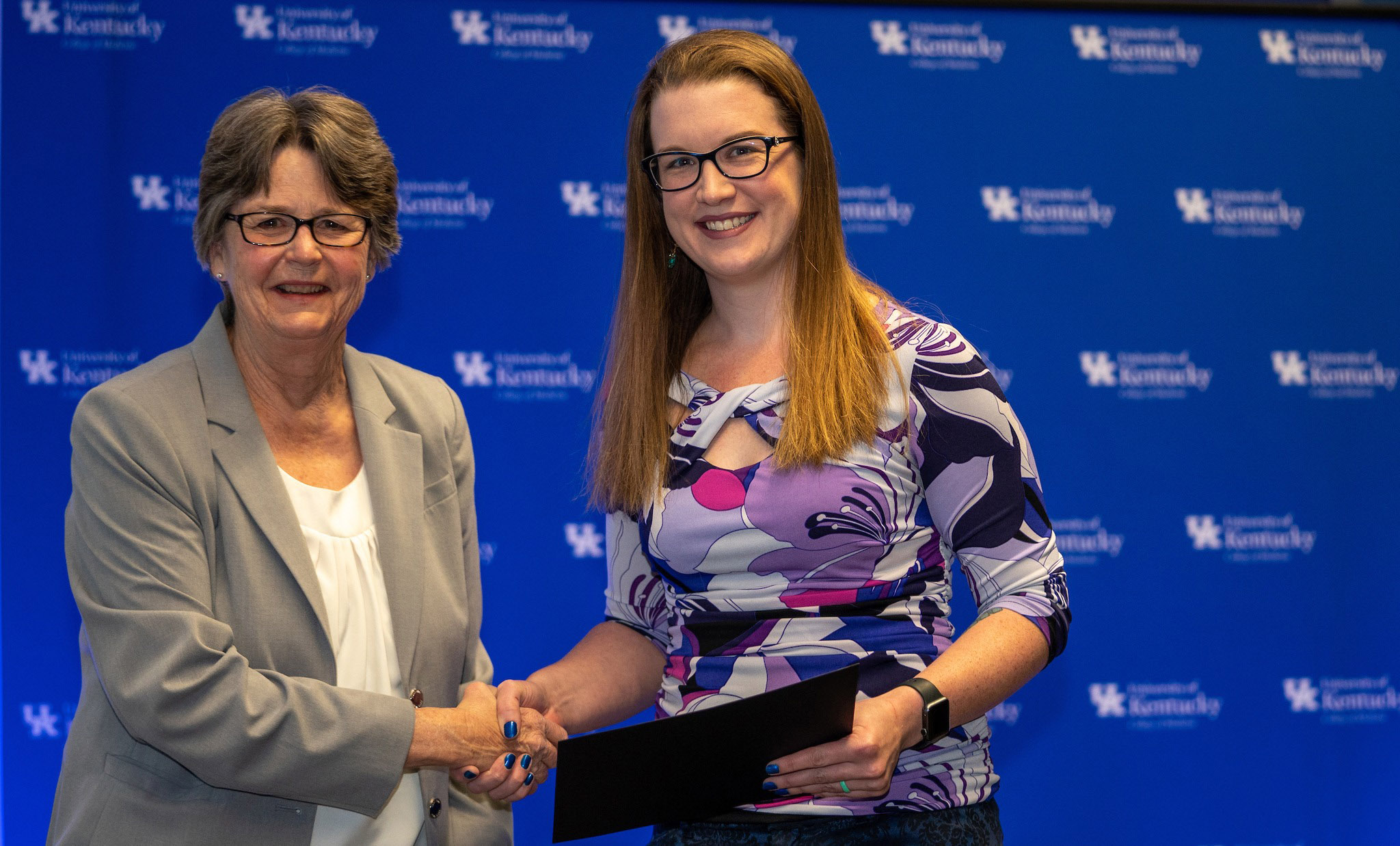
The following individuals were honored at the University of Kentucky College of Medicine Awards Convocation on Wednesday, Oct. 19, 2022.
For a full photo gallery from the event, click here.
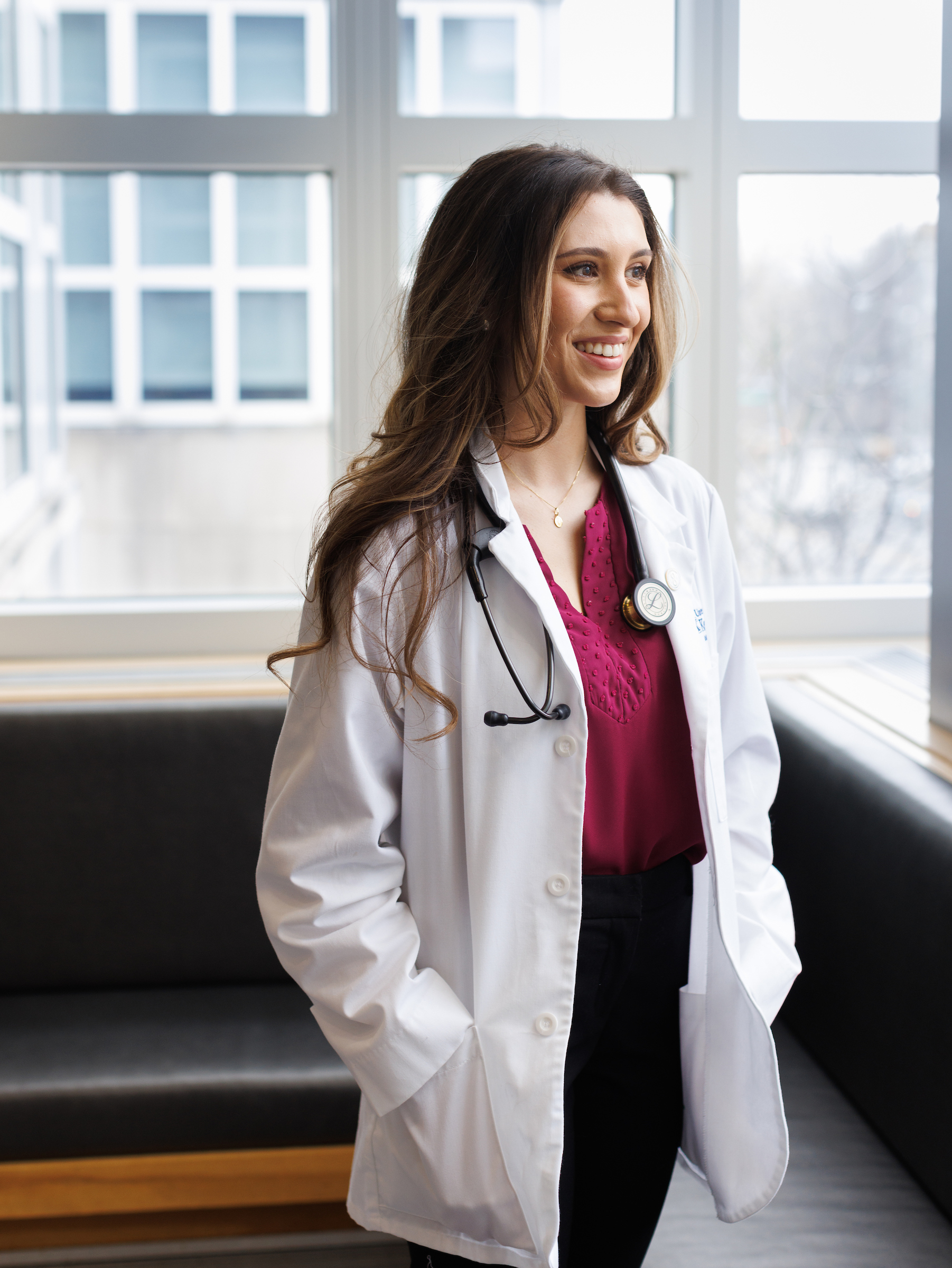
National Latinx Heritage Month is observed Sept. 15 – Oct. 15. In the following Q&A, Mariana Arce, a third-year medical student at our Lexington Campus, shares about her identity as a Latina and how it has helped shape her goals as a future physician.
Q: How do you identify? What is your national/cultural background?
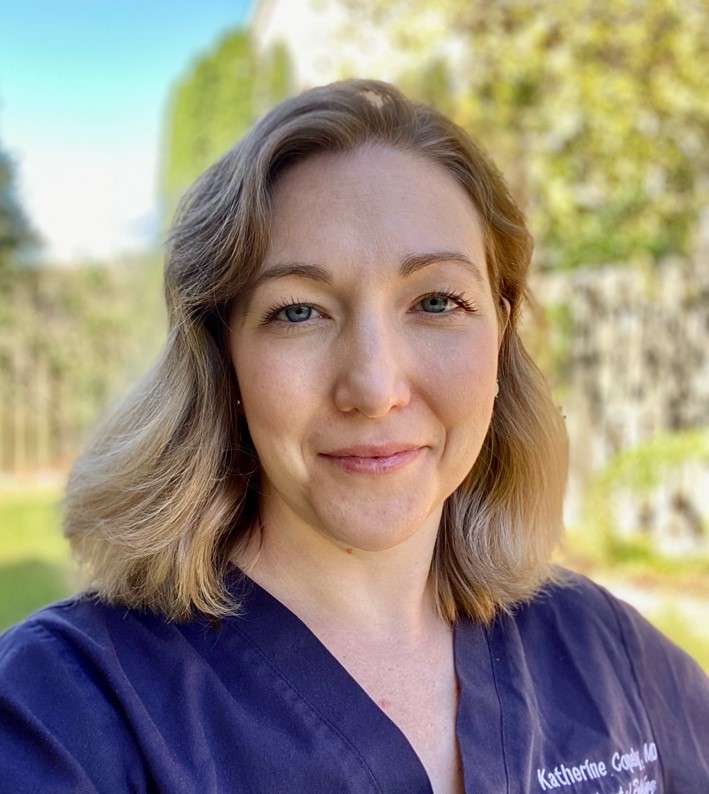
Q: What inspired you to go into medicine?
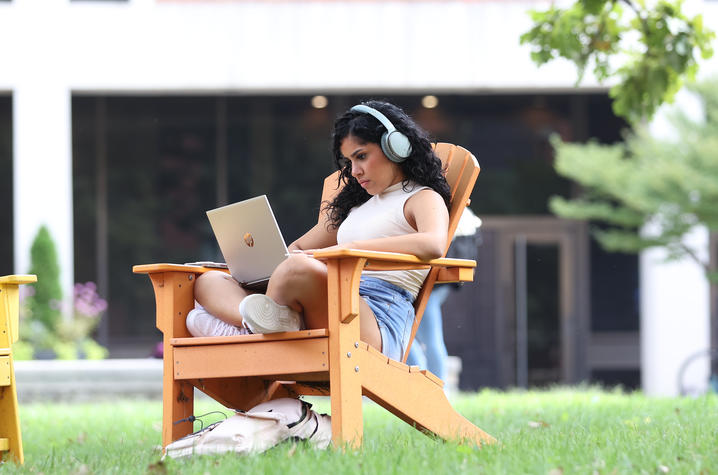
As a new semester is underway at the University of Kentucky, and we welcome our largest ever incoming freshman class, Student Success is working to increase student access to mental health services.
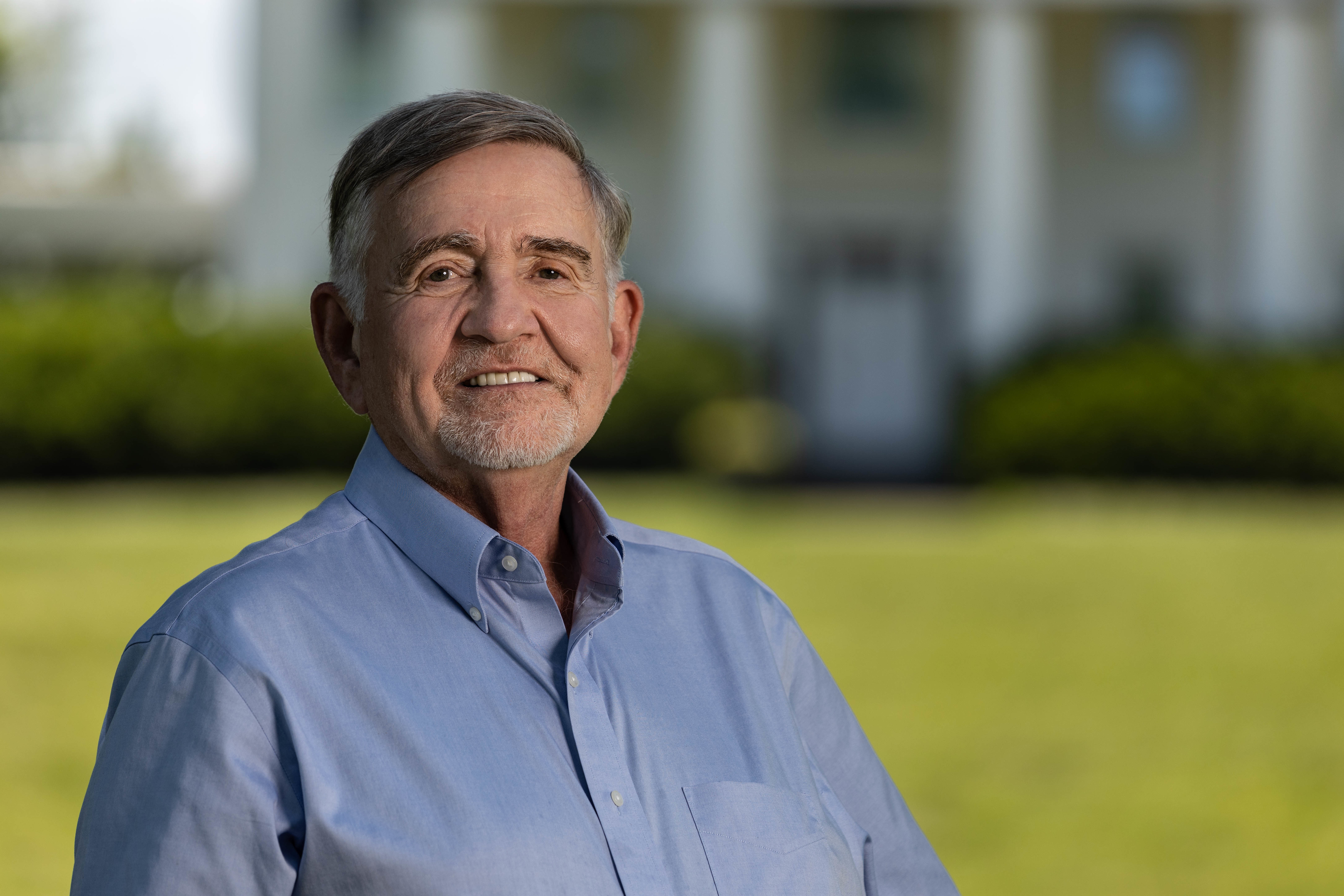
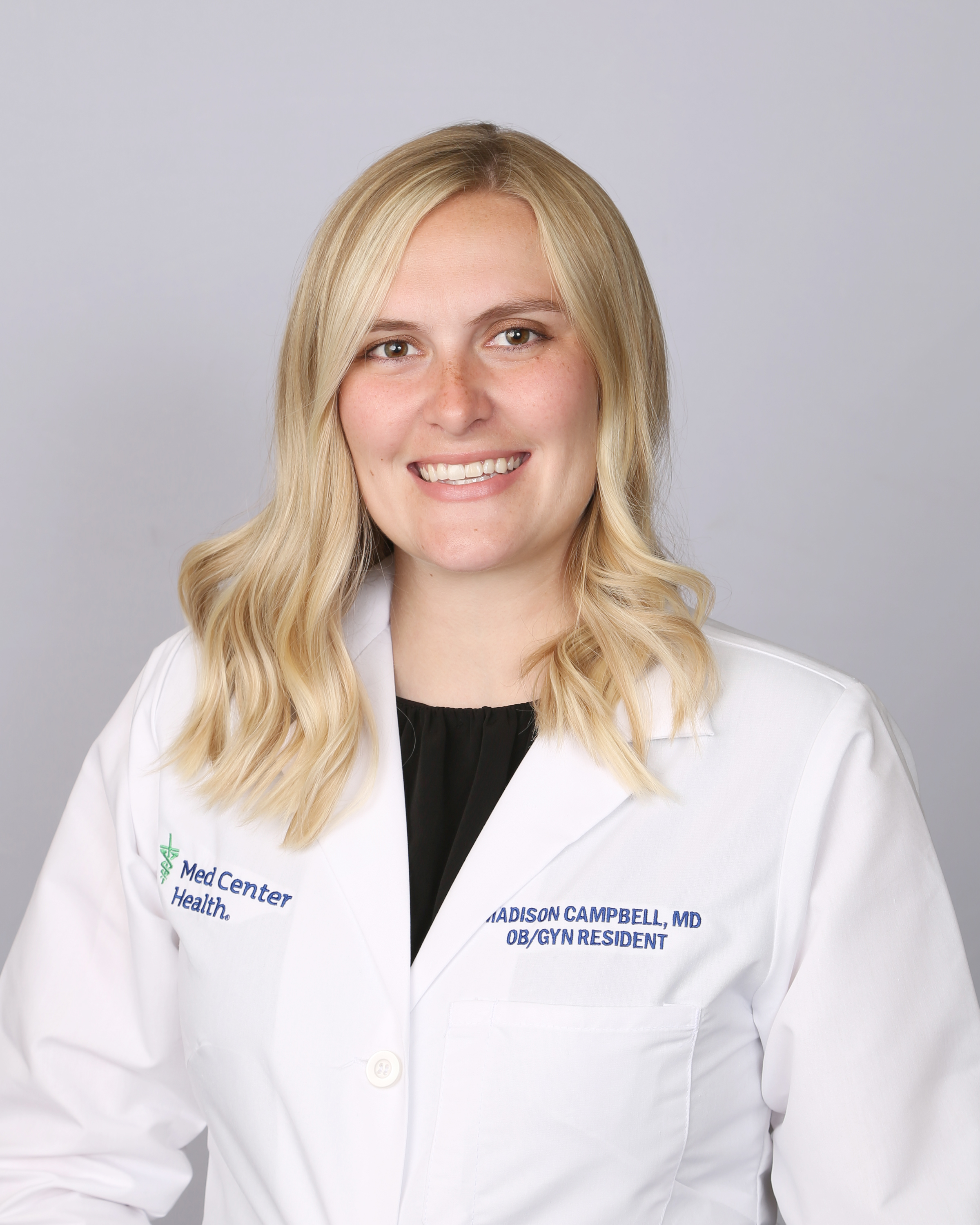
Madison Campbell, MD, was part of the UK College of Medicine-Bowling Green Campus's inaugural graduating class. She is now a first-year resident in obstetrics and gynecology at Med Center Health, a regional health system that partnered with the college to establish its regional campus.
Q: Why did you want to pursue your residency at Med Center Health?
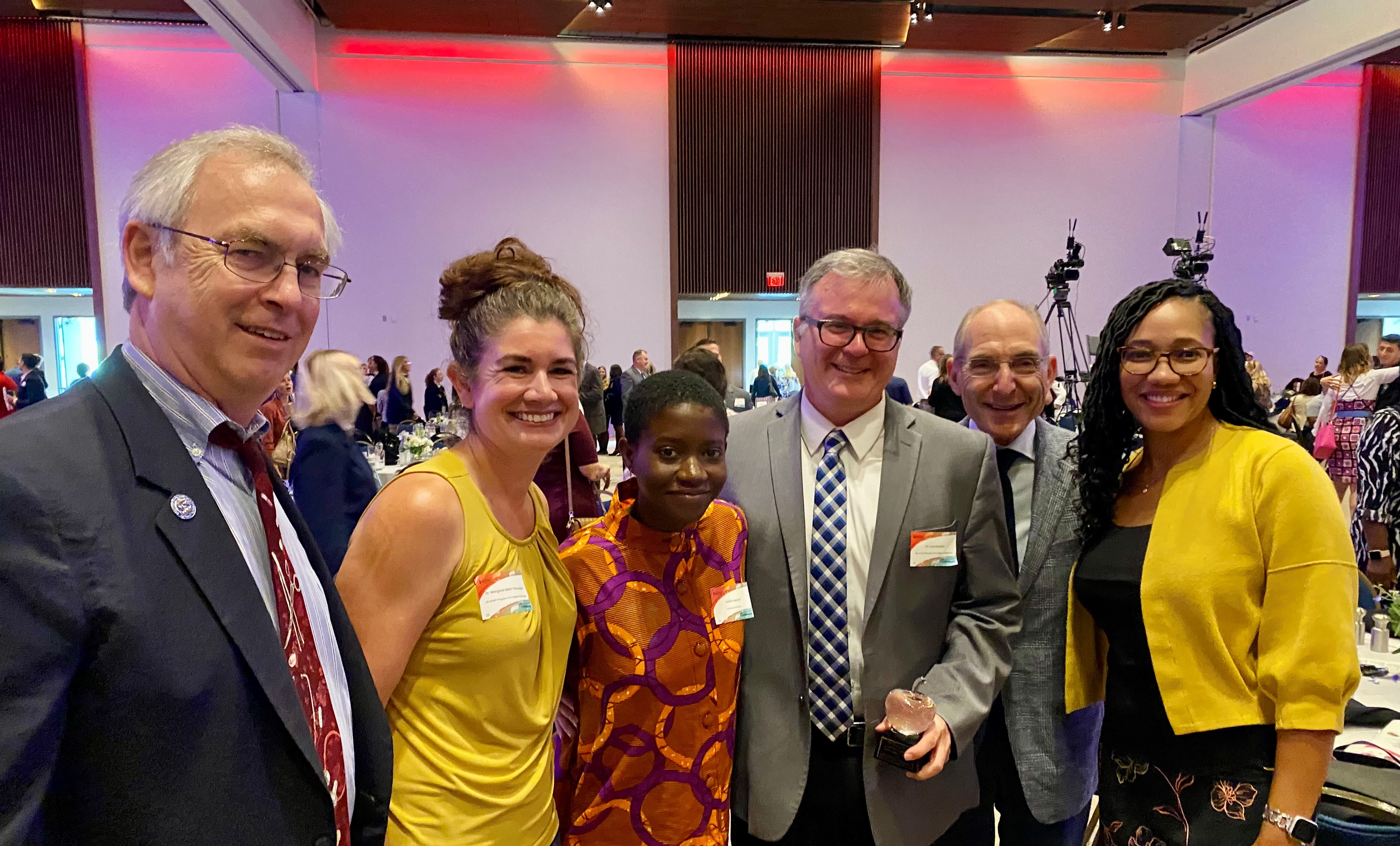
In recognition of its strong commitment to student achievement, the University of Kentucky STEM Through Authentic Research and Training (START) program was honored with the Fayette County Public Schools (FCPS) Golden Apple Award.
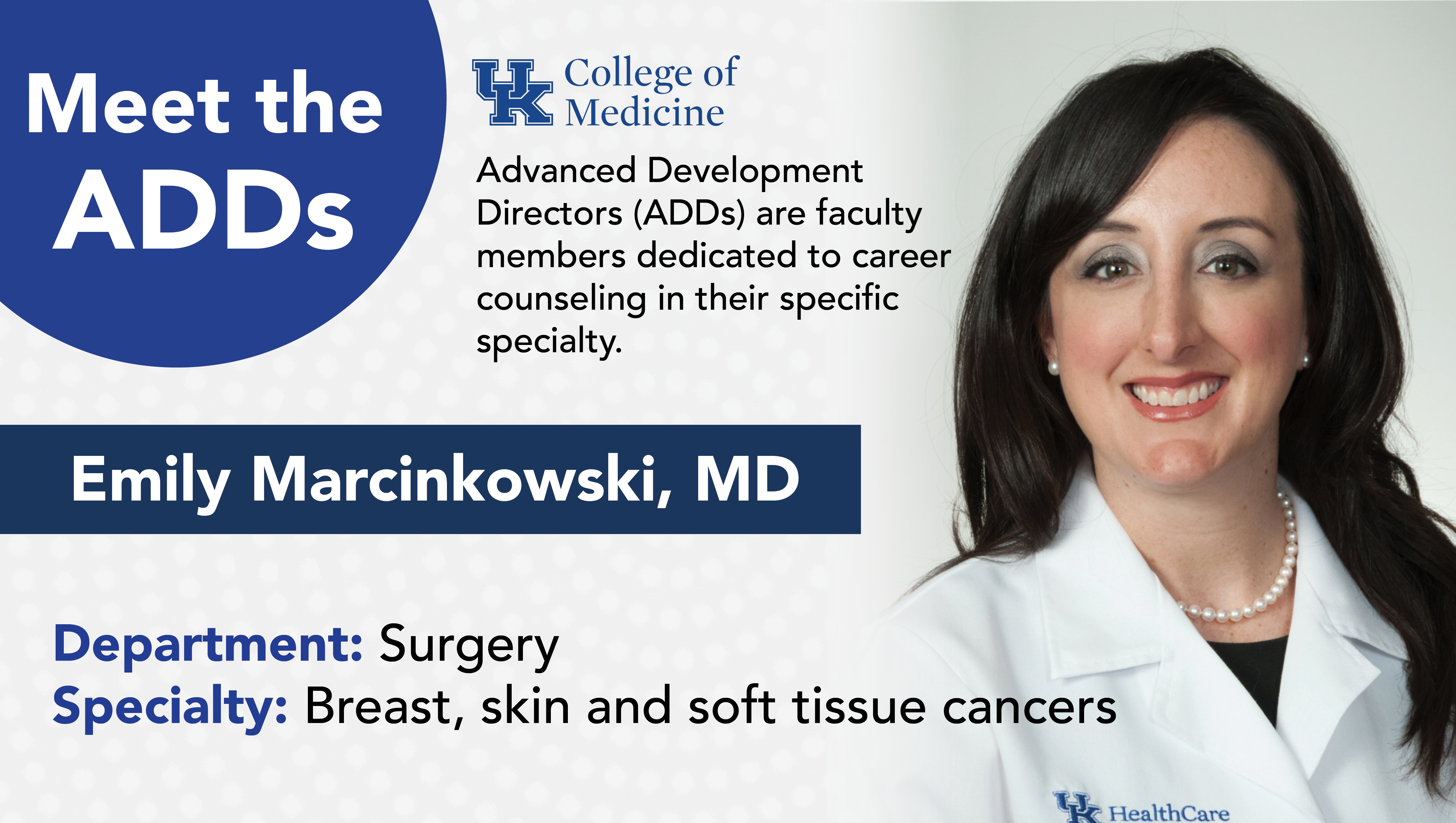
Emily Marcinkowski, MD, is an assistant professor in the department of surgery. If you are a medical student and would like to connect with this ADD, you can reach her by email here.
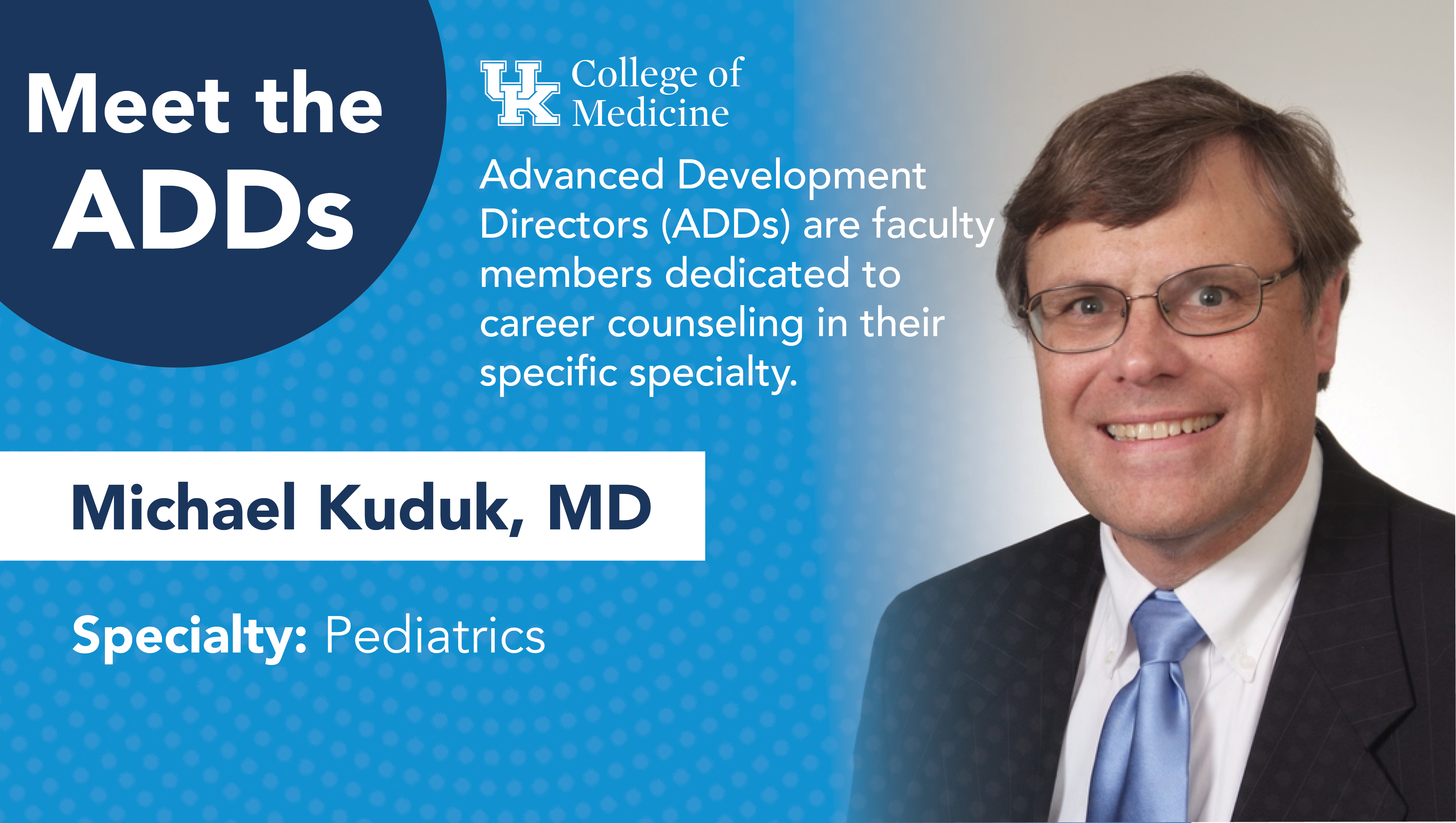
Michael Kuduk MD, is an assistant professor in the Department of Pediatrics. If you are a medical student and would like to connect with this ADD, you can reach him by email here.
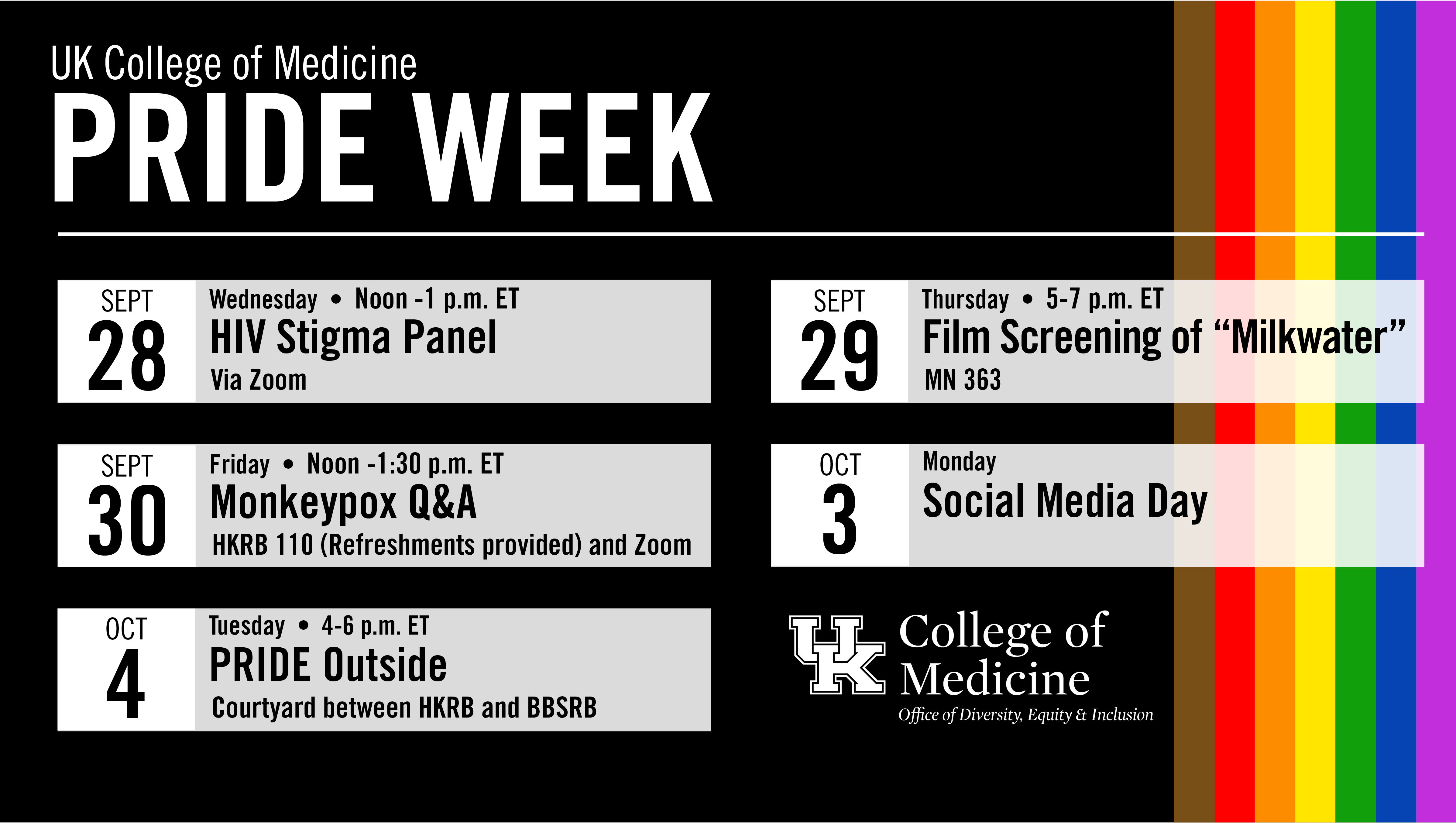
The UK College of Medicine and the Office of Diversity, Equity, and Inclusion will host a series of events for its annual Pride Week celebration. Details for those events can be found below.
HIV Stigma PanelWednesday, Sept. 28
Noon-1 p.m. ET
Click here for the Zoom link.
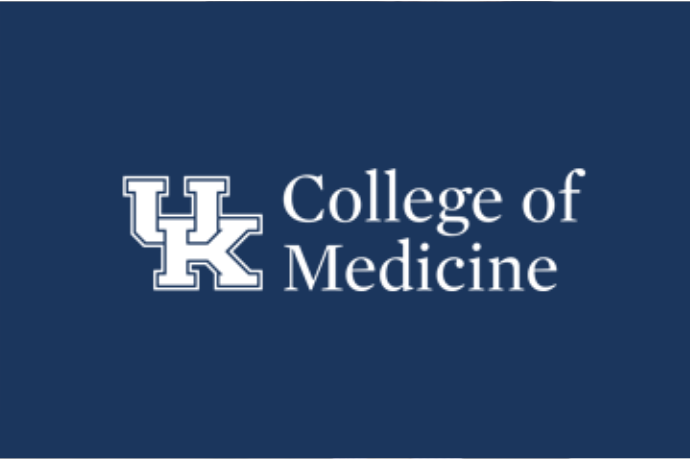
To learn more about how you can help those impacted by flooding in eastern Kentucky, click here.
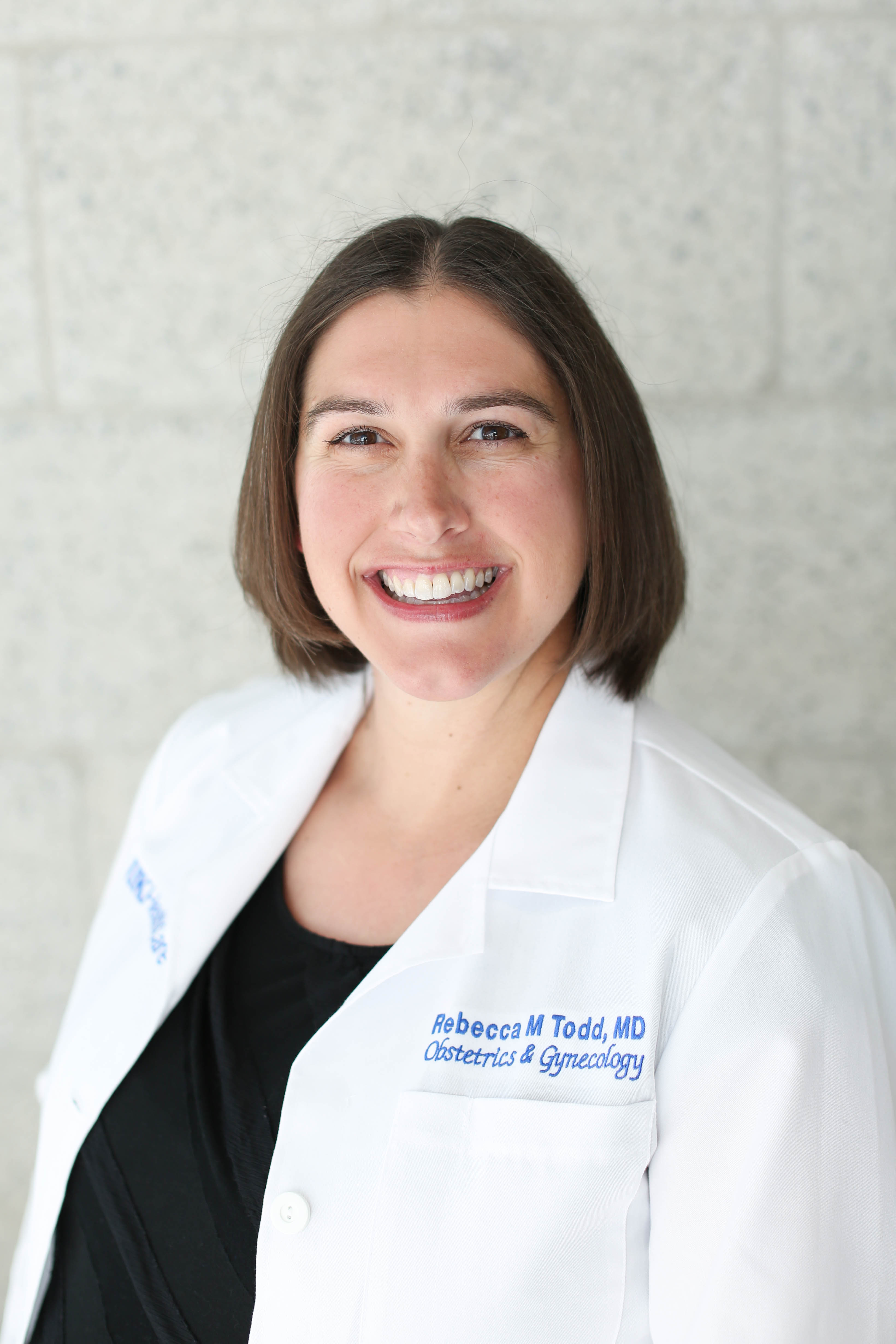
In recognition of her growing responsibilities and oversight of a maturing program, Rebecca Todd, MD, has been promoted from assistant to associate dean for the Rural Physician Leadership Program (RPLP).
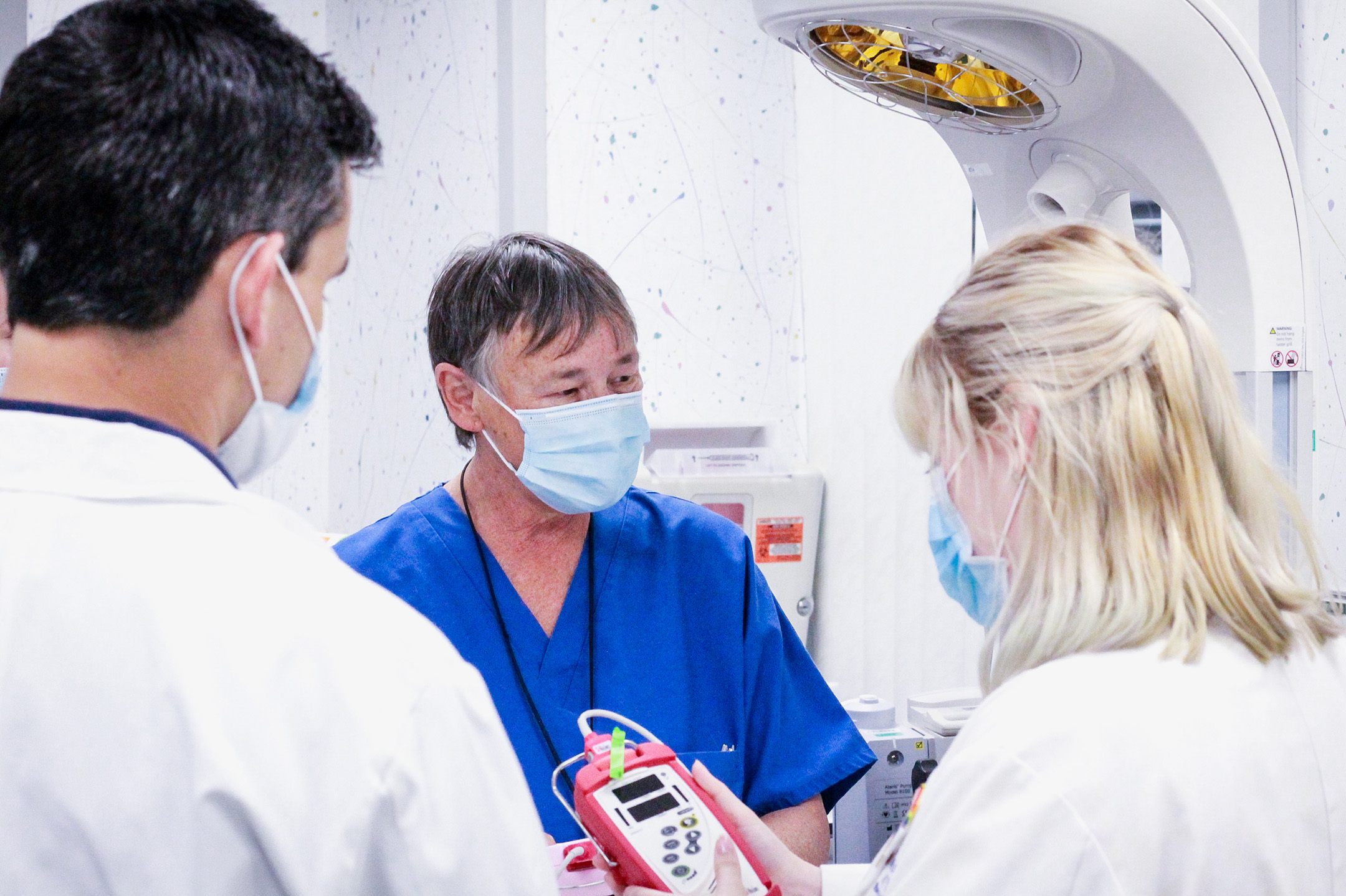
Ten years ago, the UK College of Medicine recruited four of its second-year medical students for an educational experiment. With a goal of preparing more physicians to practice in the rural areas of the Commonwealth and beyond, the college asked these students to immerse themselves in small-town Kentucky, learning rural medicine onsite at a rural medical campus in Morehead.
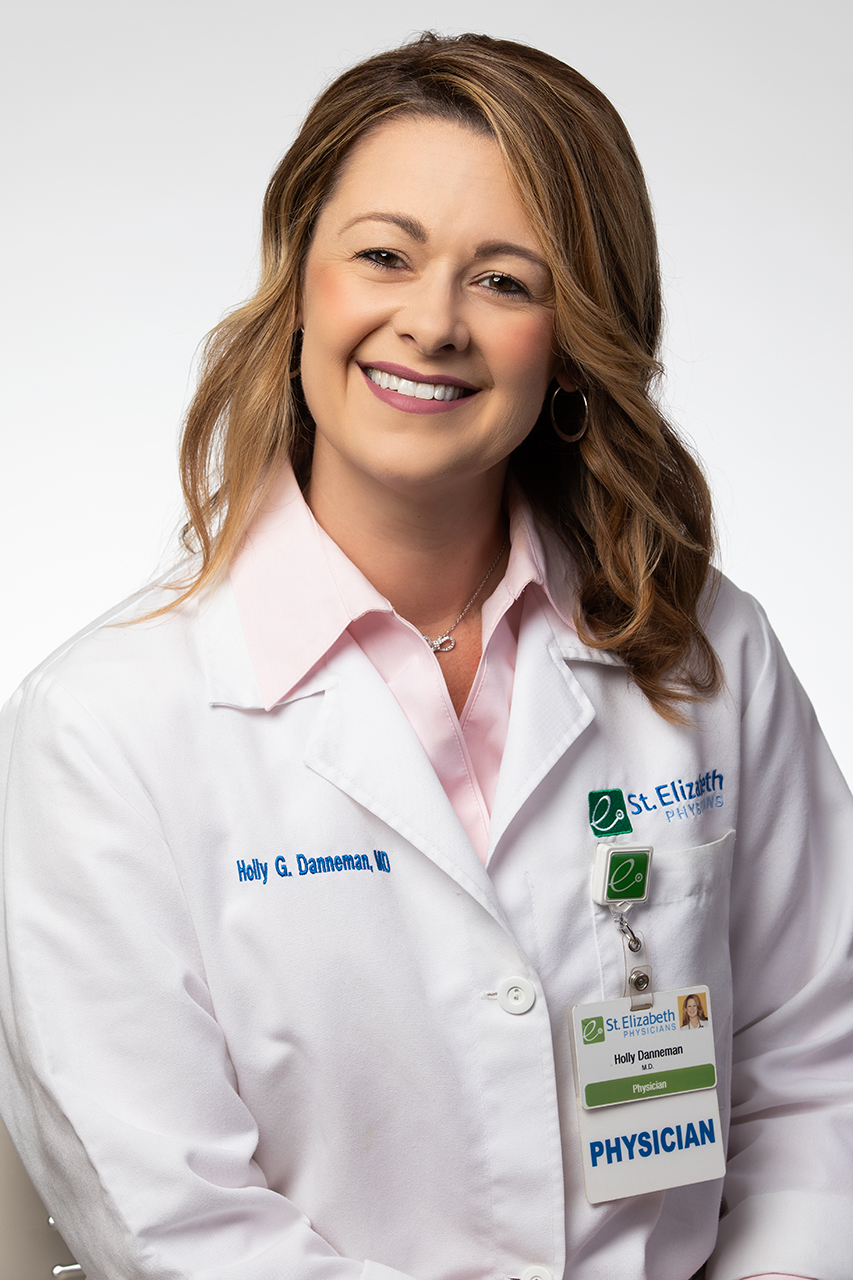
After welcoming its fourth class of medical students during this summer’s white coat ceremony, the UK College of Medicine-Northern Kentucky Campus is well positioned to help alleviate the state’s physician shortage. As such, a new leadership position has been established to address needs associated with a growing student body and expanding footprint in the region.
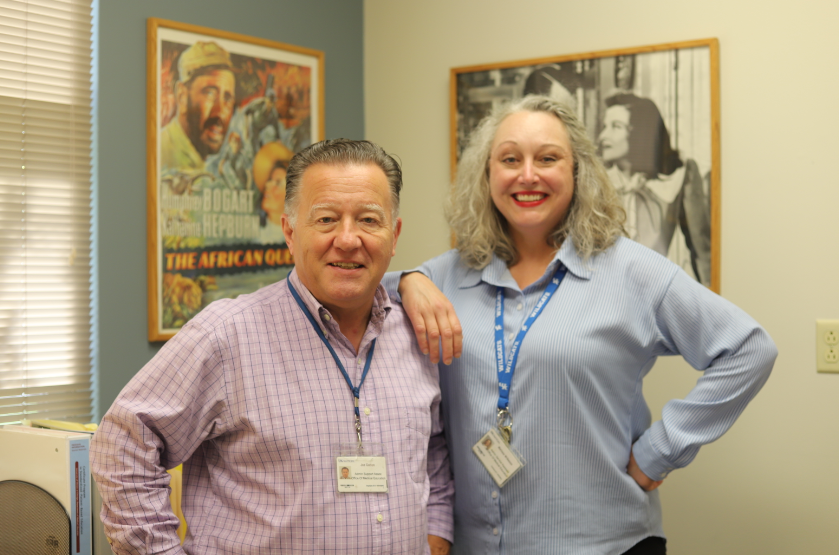
Before medical students treat patients in real-life situations, they need practice. Students gain that necessary experience through simulated patient interactions in the UK College of Medicine’s standardized patient (SP) program.
SP program staff Joseph Gatton and Melissa Wilkeson are well-equipped to ensure the program creates authentic clinical experiences.
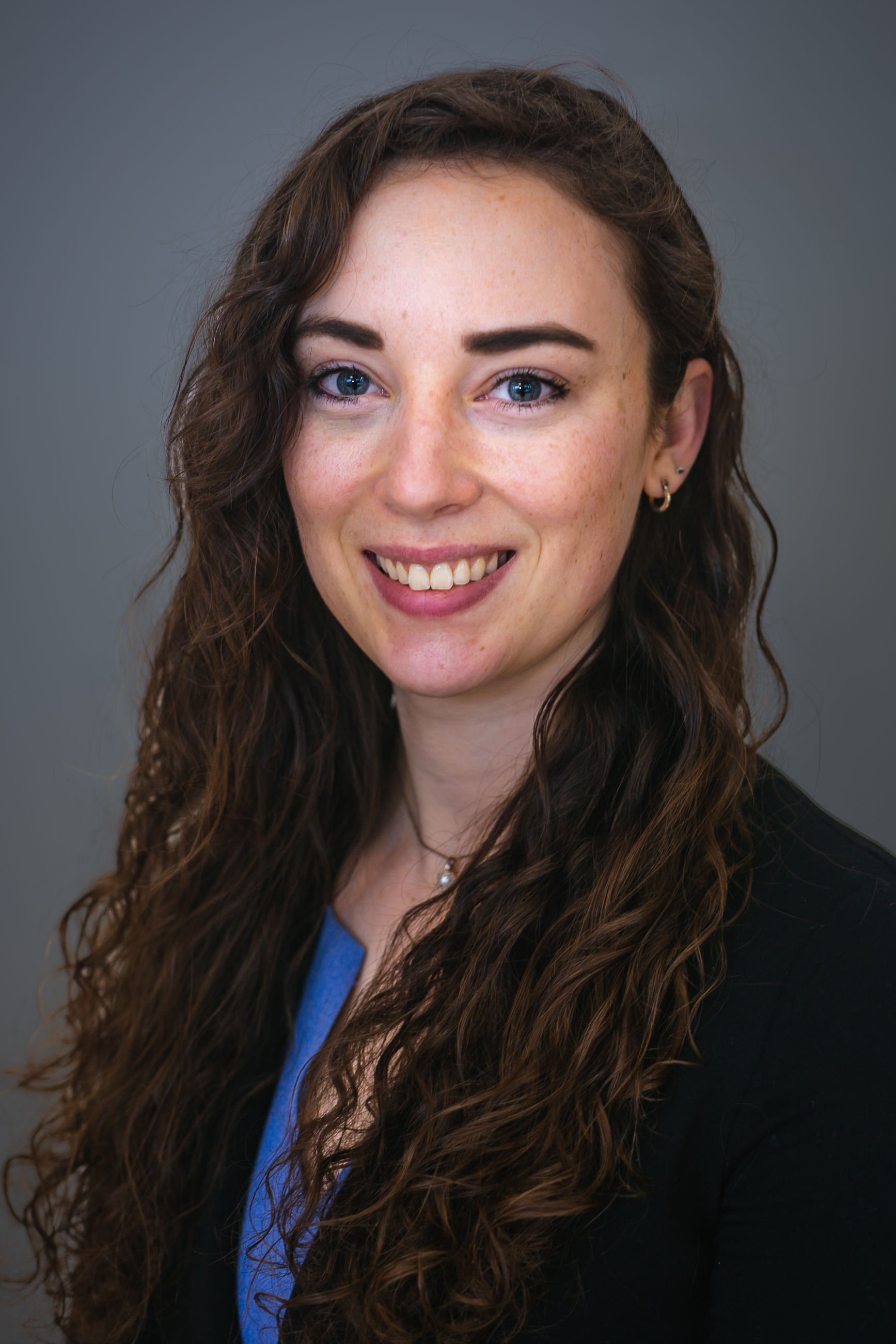
The UK College of Medicine-Northern Kentucky Campus celebrated a giant milestone this summer as it welcomed a fourth class of medical students during its white coat ceremony. The excitement will continue because this also means the campus’s inaugural class will graduate this spring.
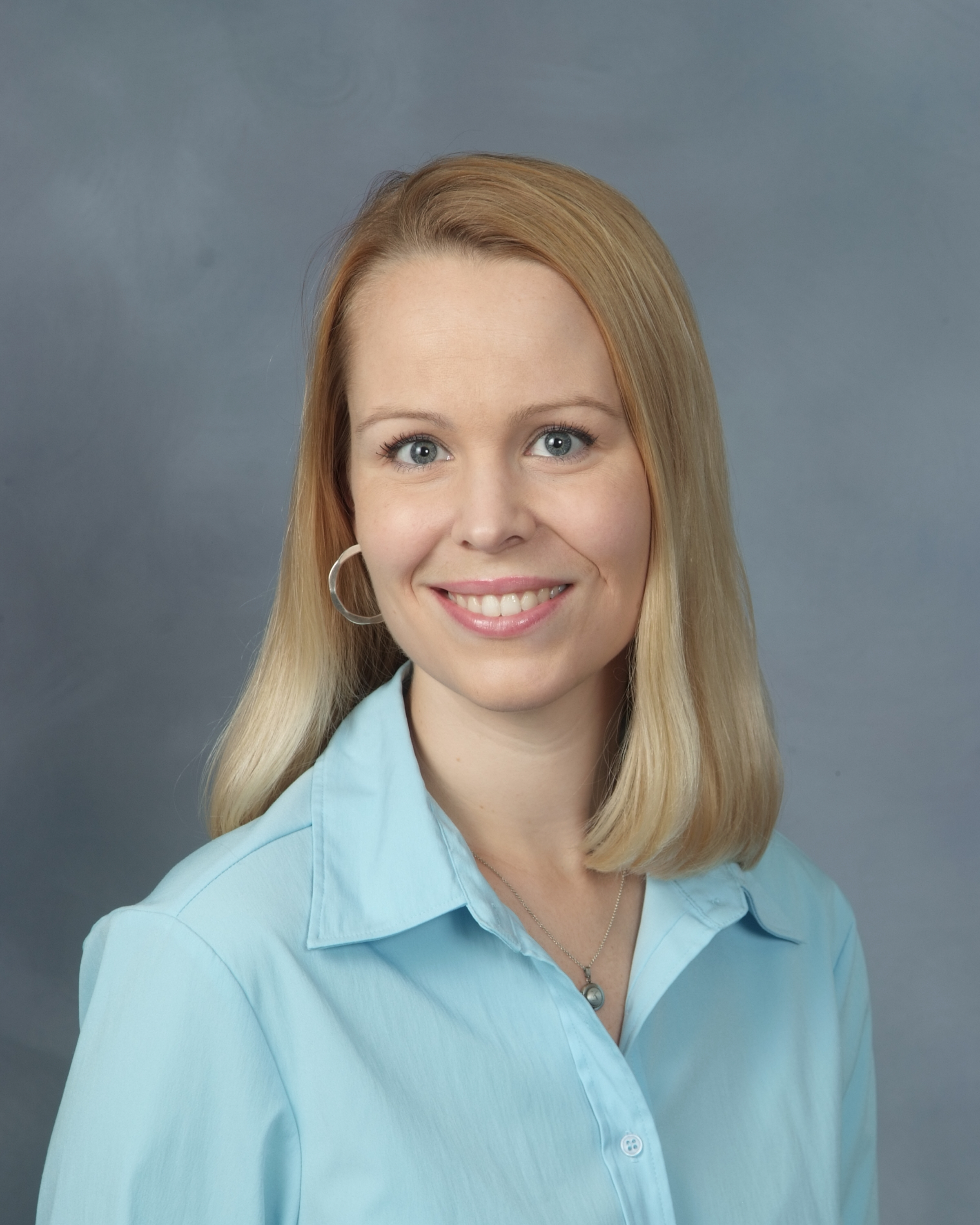
The UK College of Medicine Office of Medical Education has selected Kimberly Jones, MD, associate professor of child neurology, as its new assistant dean for student affairs focusing on the advancement of learning communities.
As a faculty preceptor for the Introduction to Clinical Medicine course, Hilary Surratt, PhD, associate professor of behavioral science, has witnessed learners engage in thoughtful dialogue around biases. However, she said they sometimes struggle in understanding how bias impacts clinical care.